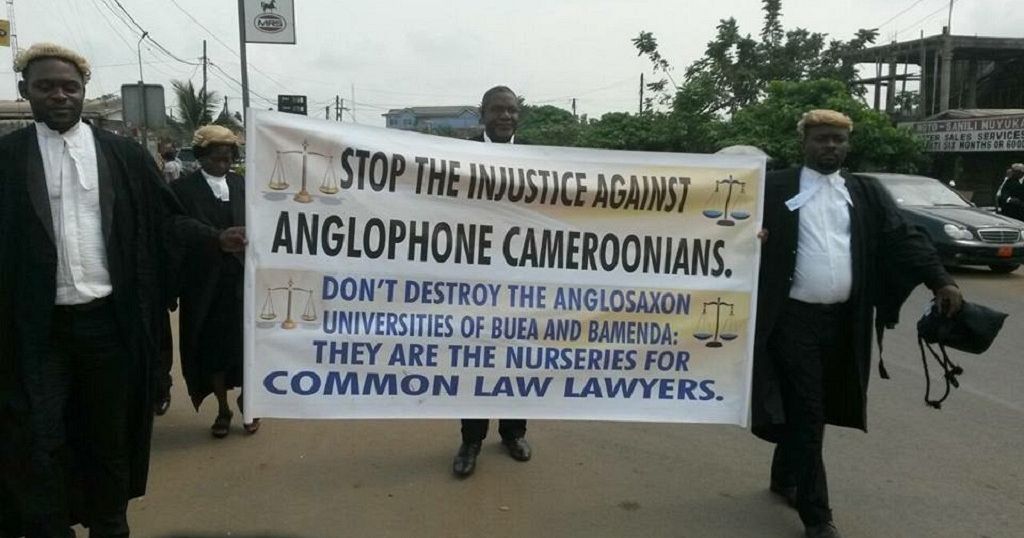8, October 2017
UK prime minister signals she might demote her foreign secretary 0
British Prime Minister Theresa May has signaled she might demote Boris Johnson amid pressure to sack the foreign secretary, a report says.
In an interview with The Sunday Times, May hinted at her plans for Johnson, who is accused by some of her allies of undercutting her by taking a different position on Brexit.
“It has never been my style to hide from a challenge and I’m not going to start now,” the paper quoted May as saying.
“I’m the PM, and part of my job is to make sure I always have the best people in my cabinet, to make the most of the wealth of talent available to me in the party.”
May delivered a speech in Florence last month, proposing a two-year transitional period to be started after the UK leaves the European Union in 2019.
A few days earlier, Johnson said in a newspaper article that the two-year post-Brexit transition deal should be “done as fast as possible,” and that the period should last “not a second more” than two years for the UK.
His interventions were seen by many lawmakers as undermining May and causing unnecessary unrest prior to the party’s conference last week that culminated in a disastrous speech by May, spoiled by a coughing fit, a comedian handing her a bogus employment termination notice, and by letters falling off the slogans on the set behind her.
Referring to her conference speech, May told the newspaper, “I am a very determined person. I am not someone who gives up.”
Meanwhile, former Conservative Party chairman Grant Shapps said Friday that 30 Conservative members of parliament supported a plot to topple the prime minister.
Shapps, who chaired the party between 2012 and 2015, said the premier’s leadership should now be challenged.
“I think she should call a leadership election,” Shapps told BBC Radio.
The news, however, caused senior figures, including Johnson himself, to rally around May and call for unity.
“We have just had an election and people are fed up with this malarkey,” Johnson said in a message to Conservative lawmakers.
May’s authority was already diminished by her decision to call a snap election in June that lost her party its majority in parliament just days before the opening of Brexit talks with the European Union.
To trigger a formal leadership challenge, 48 Conservative lawmakers need to write to the chairman of the party’s so-called 1922 Committee.
Source: Presstv

































8, October 2017
AU silent over Southern Cameroons Crisis 0
Cameroon has disputed a report that said 100 people died in anti-government protests. The African Union has largely remained quiet as secession sentiments gather steam in the central African nation.
Cameroonian authorities on Thursday rejected a report by a human rights group which said at least 100 people were killed by government forces during last weekend’s protests. Initial reports stated 17 people had been killed.
Didier Badjeck, Cameroon’s army spokesman, also disputed figures released by Amnesty International which put the death toll at 17. Badjeck said they recorded 10 deaths. “A lot of countries in Africa have decided to use heavy handedness to squash opposition,” Christian Ani, an analyst at the Institute for Security Studies in Addis Ababa, told DW. “This is the challenge of lack of foresight within government.”
Violent protests broke out in Cameroon’s Anglophone regions following a symbolic declaration of independence from the rest of the country. President Paul Biya has completely ruled out independence, he also strongly opposes the return to a federal structure, which existed in Cameroon from the time it gained independence in 1961 until 1984, when Biya abolished the federal system for a unified Republic of Cameroon.
English speaking Cameroonians make up 20 percent of Cameroon’s population of 23 million. They have long complained that they are treated like second-class citizens by the predominantly French speaking government in Yaounde. The root of the grievances date back to the end of World War One when the League of Nations decided to split Kamerun, a former German colony, between the allied French and British powers.
AU tight-lipped on Cameroon and Nigeria
The African Union has so far refrained from intervening in the ongoing crisis in Cameroon. Efforts by DW to get the AU’s position on the contentious issue were unsuccessful. “It’s a failure of the African Union and the UN collectively,” Ayo Johnson, Director of Viewpoint Africa and an expert on African politics told DW in an interview. “Nigeria and Cameroon are experiencing separatist calls from unsettled, unhappy, disgruntled parts of the country.”
In Nigeria, Igbo people are calling for a separatist state which they call Biafra. “These two [separatist movements], are pulling their respective countries apart,” Johnson said. “Sequentially, the international community; the African Union and the UN have been unable to take drastic action which is being called for by many people right now.”
External interference in such issues is very sensitive. The Biafran war (1967-1970) was devastating. More than one million people died, most of them through hunger and famine. It also left the Igbo people feeling further marginalized. “They have always thought they are not involved in politics, their voices are not heard, opportunities never come their way and they don’t have access to jobs,” Johnson said.
These are similar sentiments which are being heard locally in the English speaking regions of Cameroon. “But the international community is unable, unwilling and does not have the appetite to take strong measures which could put pressure on President [Muhammadu] Buhari of Nigeria and President Biya of Cameroon, therein lies the problem.” The EU, US and rights group Amnesty International have all spoken out against the violence in Cameroon.
For Johnson, there are a couple of options at the AU’s disposal. “Sanctions could be one, revoking of membership could be another.” He said, however, that revoking membership is symbolic as it doesn’t really affect the country. “But psychologically it has an impact.” Sanctions on the other hand are different; they could mean travel bans, restrictions on access to services in the international arena. Alternatively, they could be calls for a special rapporteur for the UN and the African Union.
That type of special envoy could be sent, not necessarily to mediate, but to find out what’s acceptable or unacceptable on the ground; more so for those who are calling for separatism, to find out how those flames could be doused. “Such reports can be tabled at the UN Security Council and further action collectively across the UN and its African Union affiliate would be able to make stronger decisions.”
Source: Deutsche Welle